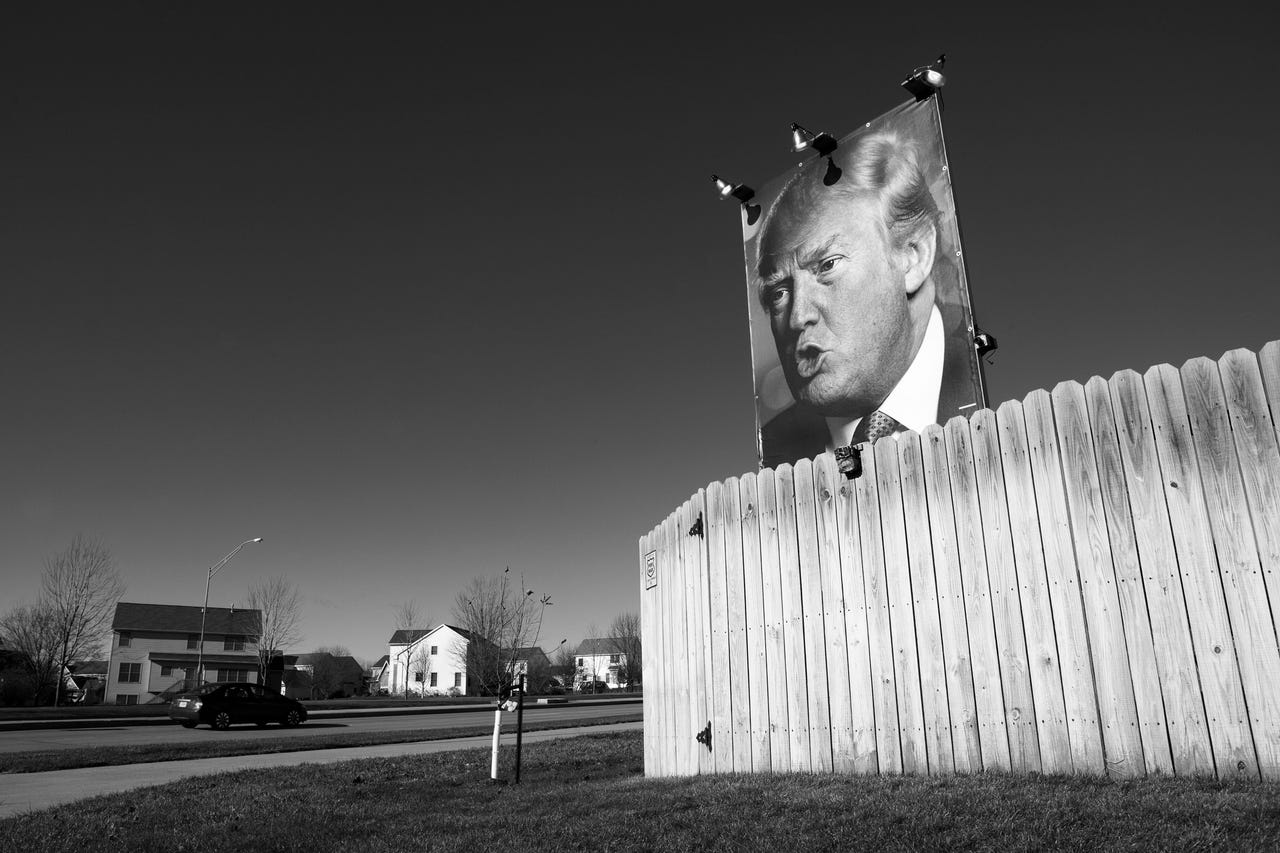Apple, Google, Microsoft pile in: 97 US tech firms file brief against Trump's travel ban


The tech firms' legal brief argues that President Trump's immigration order is a barrier to US businesses competing globally for talent.
Apple, Google, and Microsoft are among 97 companies backing an amicus brief filed on Sunday denouncing President Donald Trump's executive order on immigration.
The brief argues that Trump's order is discriminatory, violates immigration laws, and damages US businesses by preventing them competing globally for talent.
Immigrants or their children founded 200 US companies that generate $4.2 trillion in annual revenues, the brief highlights, among them Apple, AT&T, and Google, as well as Ford, General Electric, McDonald's, Boeing, and Disney.
The amicus brief is in support of a suit by Minnesota and Washington challenging Trump's immigration order. The Ninth Circuit Court of Appeals over the weekend declined to reinstate restrictions affecting seven predominantly Muslim nations after District Judge James Robart on Friday issued a temporary lift on it.
Trump urged the public to blame the courts for endangering the country.
"The opinion of this so-called judge, which essentially takes law-enforcement away from our country, is ridiculous and will be overturned," he wrote in a tweet.
"Just cannot believe a judge would put our country in such peril. If something happens blame him and court system. People pouring in. Bad."
According to Bloomberg, the 97 companies had intended to file a brief later this week but pushed it forward after other legal challenges to the Trump's order.
The companies behind the brief include: Apple, Airbnb, Box, Citrix, Dropbox, eBay, Facebook, Google, Intel, LinkedIn, Microsoft, Mozilla, Netflix, PayPal, Reddit, Salesforce, Snap, Spotify, Twitter, Uber, Wikimedia Foundation, Yelp, and Zynga.
The tech industry, which relies heavily on free movement and skilled migrants, has been the most vocal critics of the restrictions, which currently affects citizens of Iraq, Iran, Libya, Somalia, Sudan, and Syria, but may be expanded to include other nations.
Uber CEO Travis Kalanick last week stepped down from Trump's business advisory council after a public outcry over his role.
The companies argue in their brief that the US has long recognized the importance of protecting itself against those who would do it harm.
"But it has done so while maintaining our fundamental commitment to welcoming immigrants, through increased background checks and other controls on people seeking to enter our country," they explain.
The brief states that Trump's order introduced "sudden changes without notice, unclear standards for implementation, and no standards for the exercise of waiver authority", depriving companies and employees of the certainty they need.
"This instability and uncertainty will make it far more difficult and expensive for US companies to hire some of the world's best talent, and impede them from competing in the global marketplace," it says.
"Businesses and employees have little incentive to go through the laborious process of sponsoring or obtaining a visa, and relocating to the United States, if an employee may be unexpectedly halted at the border.
"Skilled individuals will not wish to immigrate to the country if they may be cut off without warning from their spouses, grandparents, relatives, and friends. They will not pull up roots, incur significant economic risk, and subject their family to considerable uncertainty to immigrate to the United States in the face of this instability."